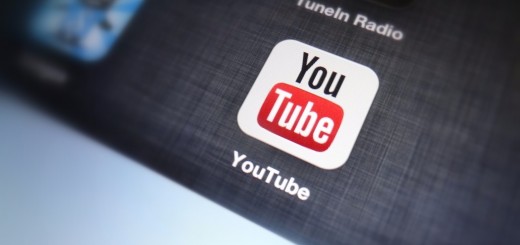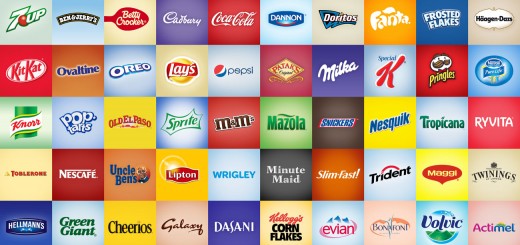A day in the life of… a Chief Media Officer
Remember, if you’re looking for a role yourself, why not have a look at the Econsultancy jobs board.
Econsultancy: Please describe your job.
Alistair Dent: I’m the Chief Media Officer at iCrossing, I run the department that handles digital media planning and buying, across channels including PPC, SEO, display, social and more.
E: Whereabouts do you sit within the organisation? Who do you report to?
AD: I report to our UK CEO, Mark Iremonger and work alongside other C-suite members, including the CFO and head of operations.
E: What kind of skills do you need to be effective in your role?
AD: I firmly believe that a Chief Media Officer needs to be a media expert. Whilst leading a large department requires management and leadership expertise, leading by credibility is the easiest way to get all stakeholders (boss, team, peers, suppliers and clients) bought into why our way of working is different and better.
In an industry where anybody has access to amazing tools and technology, our people and expertise need to be the differentiator.
Alistair Dent

E: Tell us about a typical working day…
AD: Today I:
- attended a quarterly review with a large, high-street retail client to discuss what we did differently that led to such a good Christmas, as well as how we can replicate it through the year. This was preceded by a breakfast briefing from my team who delivered the work.
- delivered a lunch-and-learn session at a travel client to teach their team about artificial intelligence: how it works, what machine learning really is, and how we can use chatbots to help our customers.
- reviewed the outcomes from several second round interviews so that we could hire some amazing new team members.
- had a strategy session about what new services we might offer to our clients.
- planned a panel appearance at a supplier event.
- attended an industry dinner to discuss the latest news and ensure that iCrossing continues to be at the heart of our fast-moving sector.
E: What do you love about your job? What sucks?
AD: I love people. Whoever they are, the chance to geek out about digital marketing and learn about somebody’s unique situation is super enjoyable, so I relish the time I spend with my clients and my team.
The most difficult portion is undoubtedly balancing time. I feel bad whenever I have to move a scheduled meeting because my days have been shifted around.
E: What kind of goals do you have? What are the most useful metrics and KPIs for measuring success?
AD: Obviously my purpose is to improve the performance of our business, which is measured through metrics relating to new business wins, revenue growth, client upsells, staff turnover, etc.
But where it gets more interesting is in the fuzzier metrics: do our team love working here? Are we doing cutting edge work? How many of my team have I made famous for their expertise?
E: What are your favourite tools to help you to get the job done?
AD: I need to be very structured in my day or the volume becomes overwhelming and things get lost. I live my life by my Outlook calendar, I connect it to OneNote for task lists, and I use these on my phone as much or more than on my laptop.
The real secret to being able to handle this much volume: having a team I can trust and delegate to. I can’t go to every meeting that would be beneficial. I can’t follow up with every vendor or every email.
By empowering my team to make decisions that they know I’ll back them up on, I can trust that these are being handled just as well (or better) than I’d be able to handle them myself.
E: How did you get started in the digital industry, and where might you go from here?
AD: I got into digital by accident: I worked as a management consultant in the City but I was travelling too much. I had built up some skills as a developer and looked for London-based roles building Excel and VBA tools.
I started at a young specialist agency of nine people, and left six years later when the agency was 100 people. Since then I’ve moved around the industry in leadership roles at performance agencies, and expect to continue to work across all digital channels to do the coolest media campaigns I can for innovation-friendly brands.
E: Which brands do you think are doing digital well?
AD: Nobody is doing it as well as it can be done, because the scope of “good” changes so frequently and varies between sectors and brands.
For me doing digital well means talking to customers where they want, rather than forcing them into the channels that are most efficient or effective for the brand.
A seamless (and sequential) experience across all channels and devices is hard to achieve vs. the performance metrics it can deliver, but the long term payoff of being an early adopter is that you’ll never miss the chance to ride the unicorn.
E: Do you have any advice for people who want to work in digital?
AD: Don’t be afraid to build and then believe in your own expertise. It’s tough to become a master of an area, but if you can describe the complexities of a channel to your clients so that they can understand it then you’ll always be a valuable advisor.
Work somewhere you get the time and support to learn and develop your mastery.



